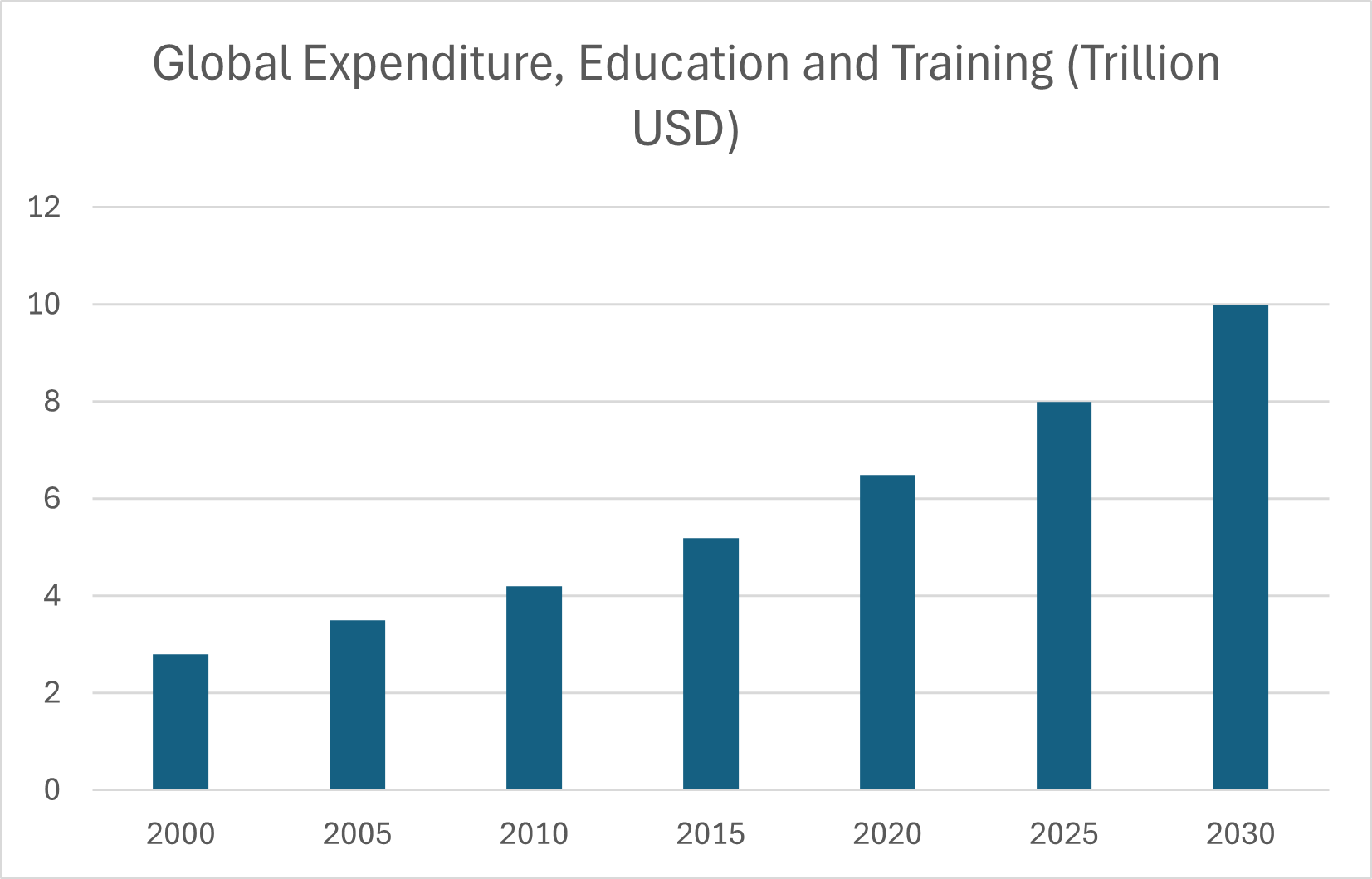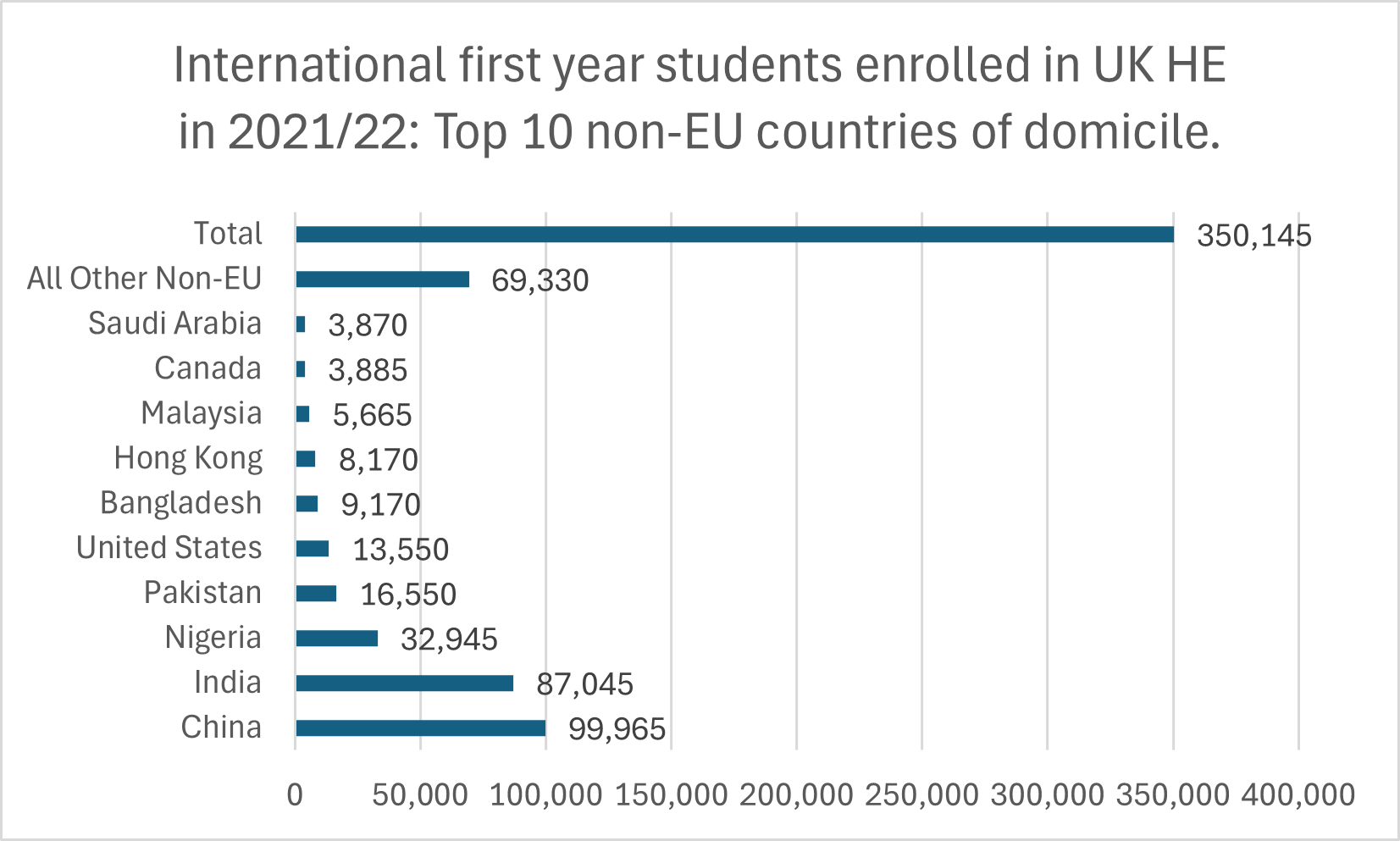In the world of education, development of critical thinking skills stands as a cornerstone for preparing students to navigate the complexities of the modern world. Yet, the approaches to fostering this essential skill vary significantly between educational systems worldwide. The UK education system puts great emphasis on critical thinking, encouraging students to interpret, understand, analyse, and/or evaluate information and form their own judgements. Discussions and debates are pushed in classrooms with the aim to develop the skills to problem solve in a continually evolving world. This approach contrasts with the education system in China, known for its rigorous and exam-based learning system. Their traditional approach includes teacher centred instruction and rote memorisation, with the goal mastering prescribed content.
However, the past 2 decades has seen China’s education system undertake various reforms. Pilot programmes have been implemented in 17 regions including Jilin and Liaoyuan of Jilin Province; Wuxi, Nantong and Changzhou of Jiangsu Province, and Hangzhou, Jiaxing and Huzhou of Zhejiang Province [1]. While standardised testing remains a prominent feature of the Chinese education system, there have been efforts to reform examination systems to place less emphasis on rote memorisation and more focus on higher order thinking skills. Reforms aim to include questions that require students to analyse information, think critically, and apply knowledge in real-world contexts. China has also recognised the importance of extra-curricular activities for promoting creativity and innovation, along with integrating technology into the classroom, using digital platforms and online learning resources.
Even with the reform to enhance the education system in China, students that attended schools in China to then go on and study at international universities can find it a challenge adapting to the shift in teaching/learning styles. A study taken in 2021 by The University of Nottingham Nigbo China (UNNC) found that students had an overall positive outlook on UK education, specifically the critical thinking aspect of it:
“In talking about their educational experience, the students frequently referred to ‘critical thinking’, and often in a positive way. Most students tended to believe that the education they received at UNNC was more advanced than traditional Chinese-style education” [2].
However, even with the positive outlook, it is clear students were needing to put in a lot of extra work to adapt to a new learning environment. A student interviewed by UNNC told them ‘Elio said that he really struggled in his first year, so that he worked hard to adapt and was pleased with his improvement during the year. He said, ‘to be honest, if you asked me to go back [to Chinese learning], I would dislike it more’ [3].
Critical thinking skills are becoming more valued in China, and the number of Chinese students attending international universities grows every year. A report from London Economics shows China is still the top performer when it comes to sending international students to the UK, with almost 100,000 students attending UK universities in 2021/22.

[4]
The growing number of Chinese students studying abroad reflects a desire for diverse and global educational experiences. This trend supports the demand for products and services that align with international standards. These students not only contribute significantly to the UK’s higher education sector but also carry back valuable experiences and knowledge upon returning to China. The exposure to the UK’s emphasis on critical thinking and independent learning equips students with skills that are increasingly valued in their home country.
This growing appreciation for critical thinking among Chinese students creates a ground for UK companies to introduce educational products and services that align with these emerging values. With over 500 English medium international schools in China, and over 200,000 schools in China regions undergoing reforms, many opportunities arise for UK SME’S to sell critical thinking related products to China. HolonIQ predicts the education industry in China to hit $10 trillion by 2030, through innovation and technology.
[5]

For UK companies, exporting critical thinking products to China is not just about tapping into a vast market; it is about contributing to a transformative phase in Chinese education. This involvement positions UK firms as key players in a critical sector that shapes future generations.
By providing products that foster critical thinking, UK companies can significantly affect the educational landscape in China, particularly within the growing number of international schools. These institutions, which follow Western curriculums and educational philosophies, present an ideal entry point. Products such as interactive learning tools, educational software, and teacher training programs that emphasize analytical and independent thought can seamlessly integrate into these schools’ teaching practices.
Success in international schools can pave the way for introducing these products into mainstream Chinese schools. Partnerships between UK educational institutions and Chinese schools can ease the exchange of best practices and innovative teaching methodologies, providing Chinese students with a more interconnected learning experience.
In conclusion, exporting critical thinking products to China, starting with international schools and expanding into mainstream Chinese schools, offers UK companies a unique opportunity. This move opens a lucrative market while contributing to the global advancement of education. As China continues to value and integrate critical thinking, UK companies that capitalise on this trend will likely see significant growth and impact, preparing students worldwide for a promising future.
References
[1] https://opportunities-insight.britishcouncil.org/news/market-news/china-launch-modern-apprenticeship-pilot-projects-17-cities-and-100-vocational
[2] Consuming UK Transnational Higher Education in China: A Bourdieusian Approach to Chinese Students’ Perceptions and Experiences (sagepub.com) page 1
[3] Consuming UK Transnational Higher Education in China: A Bourdieusian Approach to Chinese Students’ Perceptions and Experiences (sagepub.com) page x Truly international education heading
[4] *Full-Report-Benefits-and-costs-of-international-students.pdf (hepi.ac.uk) page 9
[5] HolonIQ Education in 2030.pdf page 9
